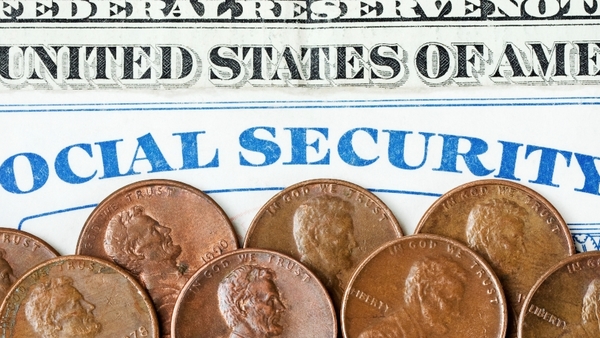-
Tips for becoming a good boxer - November 6, 2020
-
7 expert tips for making your hens night a memorable one - November 6, 2020
-
5 reasons to host your Christmas party on a cruise boat - November 6, 2020
-
What to do when you’re charged with a crime - November 6, 2020
-
Should you get one or multiple dogs? Here’s all you need to know - November 3, 2020
-
A Guide: How to Build Your Very Own Magic Mirror - February 14, 2019
-
Our Top Inspirational Baseball Stars - November 24, 2018
-
Five Tech Tools That Will Help You Turn Your Blog into a Business - November 24, 2018
-
How to Indulge on Vacation without Expanding Your Waist - November 9, 2018
-
5 Strategies for Businesses to Appeal to Today’s Increasingly Mobile-Crazed Customers - November 9, 2018
Osborne to take on House of Lords after tax credits defeat
The U.K.’s unelected House of Lords voted to block Chancellor of the Exchequer George Osborne’s cuts to payments for low-wage families, provoking a constitutional row with Prime Minister David Cameron’s government.
Advertisement
During a dramatic evening in the House of Lords, peers voted by a majority of 17 to back Labour calls for the government to provide full financial redress to the millions of tax credit claimants who will be affected when their entitlements are reduced next April.
Complicating the issue further, the vote also raised questions about whether the unelected Lords, Parliament’s upper chamber, had the right under Britain’s unwritten constitution to overturn the plans, which the elected House of Commons has already approved three times.
The House of Lords has brought Chancellor George Osborne’s plans to cut tax credits to a halt but what will be the fallout of the defeat?
Welfare budget The cuts to tax credits account for £4.4 billion (€6.1 billion) out of a total planned reduction of the welfare budget of £12 billion.
On Monday night, peers backed two motions to delay cuts to working tax credit and child tax credit that would have saved the Government £4.4 billion.
Labour treasury spokesperson John McDonnell urged the government to do a “U-turn” on the measures.Mr Osborne insisted this week he was “comfortable” with the policy despite analysis by the independent Institute for Fiscal Studies (IFS) that the introduction of a higher minimum wage will not offset poor households’ immediate losses.
Chris Grayling, Leader of the Commons, has said that “change” in the relationship between Commons and Lords is now inevitable, though he does not specify just how that will happen.
Senior figures have warned of serious repercussions, with Prime Minister David Cameron even failing to rule out handing out a hundred of more new Tory peerages to give his party a majority.
Tax credits were introduced by Labour to help low-paid families.
“These are people who go to work, look after their kids, do everything asked of them and they are going to lose, on average, about 1,300 pounds ($2,000) a year”, he said.
“I think it is perfectly possible with tweaking it to take more from the upper end of the tax credit scale and less from the lower end of the tax credit scale”, Lord Lawson said.
The tough stance adopted by Downing Street on the future of the House of Lords contrasted with the chancellor’s emollient tone as he made clear that he would address the concerns raised by peers.
“We want to listen to the views, which I respect, from the House of Lords”.
The House of Lords voted to delay tax credit changes by 289 to 272, in a major blow for chancellor George Osborne.
“The proposals, I think, are wrong-headed and I am glad that for the moment at least they have been seen off”.
“They had the option to do that, but they allowed themselves to be bullied by the government, for constitutional reasons, into delaying the implementation”, said Mr Carmichael.
“It would not be delayed, it would be thwarted entirely”, the deputy leader of the Lords said, as he warned such a result would put the proposed reforms on a “perpetual treadmill”.
Advertisement
Mr Osborne also said the matter would not be let to rest.





























